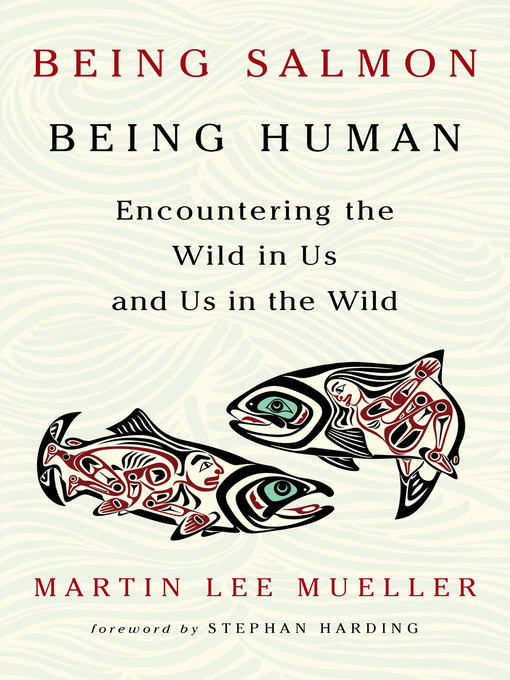Nautilus Award Silver Medal Winner, Ecology & Environment
In search of a new story for our place on earth
Being Salmon, Being Human examines Western culture's tragic alienation from nature by focusing on the relationship between people and salmon—weaving together key narratives about the Norwegian salmon industry as well as wild salmon in indigenous cultures of the Pacific Northwest.
Mueller uses this lens to articulate a comprehensive critique of human exceptionalism, directly challenging the four-hundred-year-old notion that other animals are nothing but complicated machines without rich inner lives and that Earth is a passive backdrop to human experience. Being fully human, he argues, means experiencing the intersection of our horizon of understanding with that of other animals. Salmon are the test case for this. Mueller experiments, in evocative narrative passages, with imagining the world as a salmon might see it, and considering how this enriches our understanding of humanity in the process.
Being Salmon, Being Human is both a philosophical and a narrative work, rewarding readers with insightful interpretations of major philosophers—Descartes, Heidegger, Abram, and many more—and reflections on the human–Earth relationship. It stands alongside Abram's Spell of the Sensuous and Becoming Animal, as well as Andreas Weber's The Biology of Wonder and Matter and Desire—heralding a new "Copernican revolution" in the fields of biology, ecology, and philosophy.

